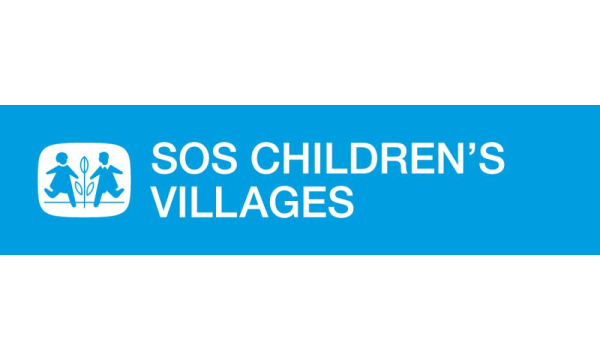Young care leavers are one of the most vulnerable social groups in our society, characterised by a high level of social exclusion, poverty, lack of employment, poor education and mental health problems. The “Pathways to Freedom” project offered a standard for a new social service - “Start of independent living”, tailored to those specific individual needs of young care leavers, providing them with crucial support and empowerment in main areas such as psychological development, improvement of education or professional skills, health care and mental health support.
It is based on 4 major principles:
• Individual approach - on one hand, this ensures the planning of supporting activities on the basis of identified individual needs and, on the other hand, ensures the provision of individual packages of supporting measures for each beneficiary.
• Systematic approach - it is realised by the planning of measures and services within a system that leads to the achievement of the common goal, which is an increase of the abilities to start independent living and facilitate the transition from being in care to living in the community.
• Integrated approach - this approach is applied so that it could synchronise all activities from the programme with other activities from other sectors such as employment, education and health care. In this regard, the service`s role is to realise advocacy and intermediary activities so that it can support young care leavers with their access to other services and realise their rights.
• Participation - the main principle when providing support is participation and responsibility. Every young person actively participated in the contractual process by stating and motivating their needs and wishes. Achieving a high level of participation is guaranteed by the distribution of responsibilities within the planned activities as an essential part of those responsibilities of the young person.


